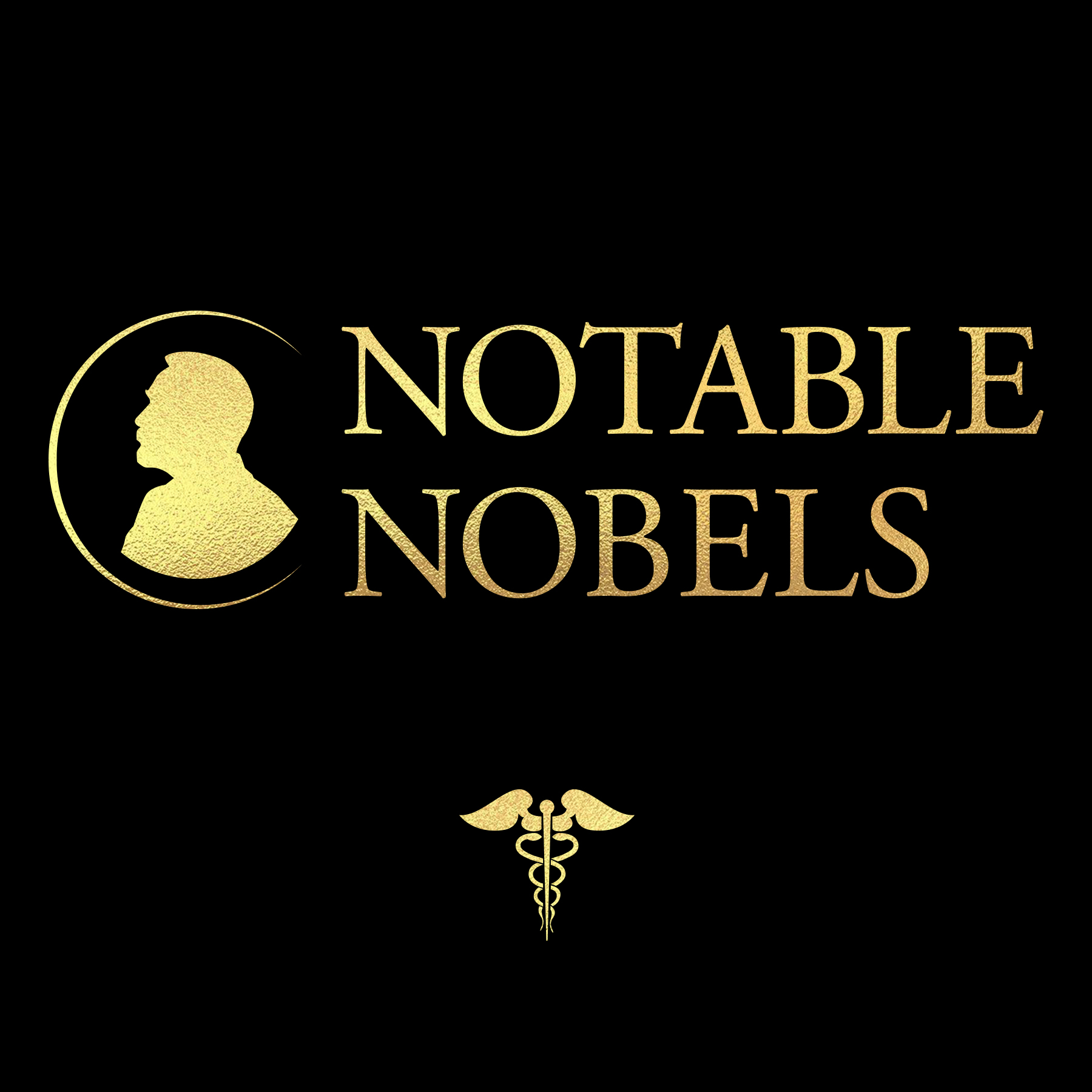Episode 4: Koch's Postulates 1905
Description
This episode covers the 1905 Nobel Prize in Physiology or Medicine, which was awarded to Robert Koch. The Nobel Committee chose to give Koch the award “for his investigations and discoveries in relation to tuberculosis”. Koch's key contribution was the development of a set of criteria for experimentally proving that a particular microorganism causes disease. These criteria are known as Koch’s Postulates. Topics include discussion of each of the postulates, Koch's application of the postulates to tuberculosis, and some cases where the postulates break down.
More Episodes
This episode covers one half of the 2015 Nobel Prize in Physiology or Medicine, which was awarded to Tu Youyou. The Nobel Assembly at the Karolinska Institute chose to give Tu the award “for her discoveries concerning a novel therapy against malaria”. Topics include Tu’s discovery of the...
Published 05/25/24
Published 05/25/24
This episode covers the 2023 Nobel Prize in Physiology or Medicine, which was awarded to Katalin Karikó and Drew Weissman. The Nobel Assembly at the Karolinska Institute chose to give Karikó and Weissman the award “for their discoveries concerning nucleoside base modifications that enabled the...
Published 02/10/24


